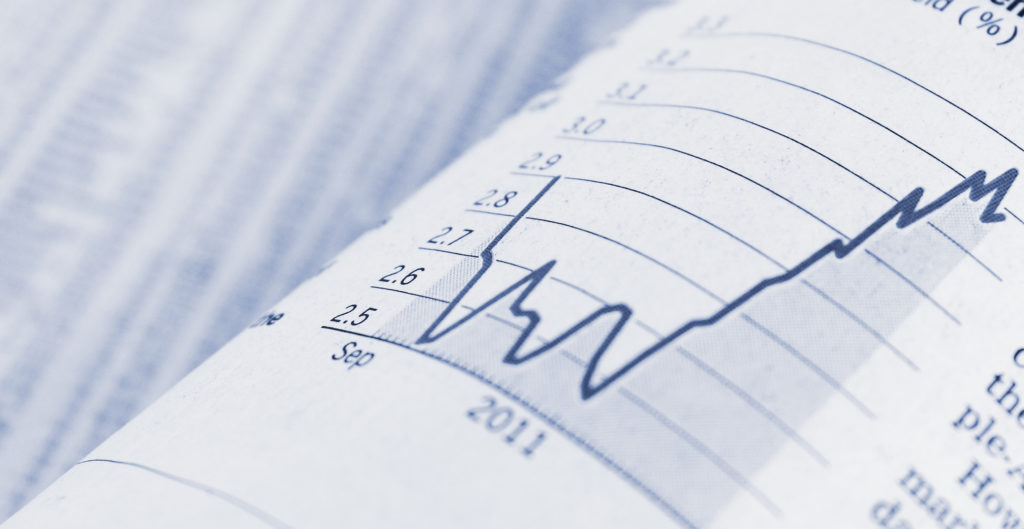Bonus Depreciation or Section 179: What’s The Right Choice for You?
Nov 29, 2022
When filing their taxes, many companies take advantage of eligible tax write-offs for certain items, including equipment purchases and building improvements. The nature of these write-offs allows a business to improve its overall cash flow. But choosing whether claiming a write-off is the right move for your organization can be challenging, making it crucial to develop a strategy that aligns with your company's overall tax planning objectives.
Potential Pitfalls Surrounding First-Year Bonus Depreciation and Section 179 Expensing
At the time of filing, taxpayers can choose whether to claim 100% bonus depreciation or to choose instead Section 179, which allows them to deduct the total cost of eligible property upfront during the tax year the item is placed into service. An additional option is to spread the depreciation deductions over several years, depending on how the property is classified by the tax code. Advantages exist with either scenario, though it is best to apply the regular depreciation rules in some cases.
Qualified Improvement Property
A correction made by the CARES Act expanded the availability of bonus depreciation, allowing qualified improvement property (QIP), including many interior improvements to commercial buildings, to be eligible for 100% bonus depreciation not only following the phaseout schedule through 2026 but retroactively to 2018 as well. Taxpayers who placed such property in service in 2018 and 2019 may have an opportunity to claim bonus depreciation by amending their returns for those years.
This is expected to be lowered to 80% for property placed in service in 2023, with a 20% decrease each year until 2026, at which bonus depreciation will no longer be available. However, certain property with a more extended production period will see these reductions delayed by one year. If bonus depreciation isn't claimed, qualified improvement property is generally depreciable on a straight-line basis over 15 years.
Is Claiming 100% First-Year Depreciation Upfront the Right Choice?
Section 179 also allows taxpayers to deduct the cost of eligible property fully. Still, the maximum deduction in a given year is $1 million (adjusted for inflation to $1.08 million for 2022). This deduction is gradually phased out once a taxpayer's qualifying expenditures exceed $2.5 million (adjusted for inflation to $2.7 million for 2022).
While 100% first-year bonus depreciation or Section 179 expensing can significantly lower your company's taxable income, it's not always the best move to make. Several situations exist where it may be preferable to forgo bonus depreciation or Section 179 expensing, including:
- You have plans to sell qualified improvement property: If you've invested heavily in building improvements eligible for bonus depreciation and plan to sell the building soon, you could be stepping into a tax trap by claiming the QIP write-off. This is because your gain on the sale (up to the amount of bonus depreciation or Section 179 deductions you've claimed) will be seen as "recaptured" depreciation, which is taxable at ordinary-income tax rates of up to 37%. Likewise, suppose you deduct the cost of QIP under regular depreciation rules (generally over 15 years). Any long-term gain attributable to those deductions will be taxable at a potential rate of 25% upon the building's sale.
- You're eligible for the Section 199A "pass-through" deduction. This deduction allows eligible business owners to deduct up to 20% of their qualified business income from certain pass-through entities, such as partnerships, limited liability companies, S corporations, and sole proprietorships. The deduction, available through 2025 under the Tax Cuts and Jobs Act, cannot exceed 20% of an owner's taxable income, excluding net capital gains. Several other restrictions also apply. By claiming bonus depreciation or Section 179 deductions, you reduce your qualified business income, potentially depriving you of an opportunity to maximize the 199A deduction, which will expire in 2025.
- Your depreciation deductions will increase in value over time. The value of a deduction stems from its ability to reduce your tax bill. If your tax rate has the potential to rise in coming years or you expect to be in a higher bracket, depreciation write-offs may be worth more in future years than they presently are.
It's important to remember that failing to take advantage of bonus depreciation or Section 179 deductions only affect the timing of those deductions. You will still be able to write off the total cost of eligible assets over an extended period. Need help making the right decision? Contact your CRI advisor, who can best analyze how these write-offs interact with other tax benefits and help you determine the optimal strategy for your tax situation.

































































































































































































































































































































































































































































































































